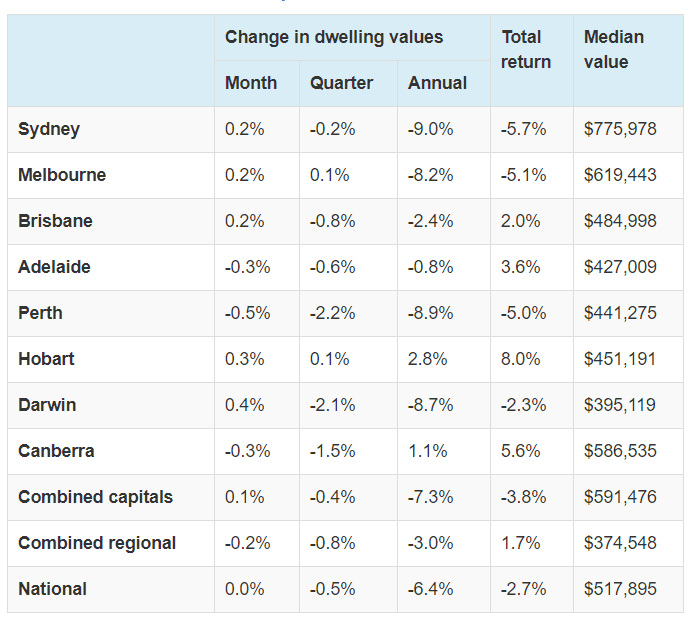CHANGING THE NARRATIVE TO ACHIEVE SUCCESS
Posted on September 20, 2019

As children, we are surrounded by stories. The books our parents read to us, the cartoons we watch, the imaginary games we play. As adults we might like to think that story time is over. But it isn’t.
We are constantly surrounded by narratives in the media, amongst our peers and in our own heads. If these narratives are positive, they can propel us forward. But if they are negative, they can hold us back.
The sky’s the limit until we hit our self-imposed limitations, usually founded in feelings of fear and unworthiness.
So how do we break through these limitations and start reaching our goals. The answer is to change the narrative.
HOW WE LIMIT OURSELVES
To change any narrative, you need to have the right words. And in this case, that means identifying the obstacles you’ve set yourself and being able to communicate them. Identifying your fears is never easy or comfortable, but it helps to know that they usually fall into three main brackets.
FEAR OF FAILURE
This is the big one and it manifests differently in everyone. For some, it’s short-selling your abilities, for example not going for a new job because you fall slightly short on the listed criteria. Others might suffer from a stifling perfectionism, missing deadlines and opportunities because of an inner critic in overdrive.
This in turn can develop into what famed TED talker and vulnerability expert, Dr Brené Brown, calls ‘self-handicapping’. Say you’re preparing a proposal that requires a lot of research—instead of doing the work you avoid it. The internal logic goes that if you don’t try, you can blame any ensuing failure on lack of effort, which is easier to bear than lack of ability. The problem with this approach: you never get anything done, and your career trajectory will inevitably stall.
To combat this, start with that old adage, ‘nothing ventured, nothing gained’. For as novelist JK Rowling said in her now viral Harvard Commencement Address, ‘It is impossible to live without failing at something, unless you live so cautiously that you might as well not have lived at all – in which case, you fail by default.’i Getting comfortable with failure isn’t easy, but it is perhaps the only given on the pathway to success.
FEAR OF COMPARISON
No one likes to be negatively compared to others. But when we fear it intensely, envy can turn to jealousy, which doesn’t usually bear great outcomes. It doesn’t feel too good either.
Two-time Olympic Gold medallist, Abby Wambach, thinks we need to change our approach. She takes the soccer pitch as a metaphor. When you kick a goal, run towards your teammates. They set you up for the shot. Likewise, if your team mate scores, run towards them, and celebrate their victory. Success almost never exists in the vacuum; it is usually the cumulative result of a lifetime of learning and other people’s input.
FEAR OF CONFLICT
While Hollywood screenwriters love conflict, in the workplace and our personal lives we tend to avoid it at all costs. But avoidance isn’t necessarily helpful. It often leads to a reduction in productivity, and mounting unspoken tensions. Worse still, when the conflict does inevitably come to a head, it is more profound than if it had been dealt with early on.
One useful tool in these situations is what Dr Brown calls ‘the story I’m telling myself’. It’s a great way to frame conversations and avoid misconstruing your projections about the other with their reality. Rather than casting aspersions or laying blame, open the conversation with the sentence ‘the story I’m telling myself…’ It will allow the other interlocutor the space to hear you, and open the door to vulnerability, which is crucial to conflict resolution.
CHANGING THE NARRATIVE
We all have a tendency to limit ourselves when it comes to realising our dreams. But if you start to acknowledge the fears behind these limitations you can also start to unlearn them. Change the narrative you’re telling yourself about the life you deserve, and this might be story that ends happily ever after.
i https://news.harvard.edu/gazette/story/2008/06/text-of-j-k-rowling-speech/
RECENT POSTS
Last month FFA was honoured to WIN the 2018 “Small Business of the Year Award” at the Greater Dandenong Chamber of Commerce Business awards!
Aging at home with government-subsidised funding is made possible through the Home Care Packages program. However, a crackdown on what the funds can be used for and a shortage of support workers, can make it challenging to understand the funding available.
As our superannuation balances grow larger, it makes more sense than ever to keep track of the many rules changes that have recently happened or are coming up soon.

























